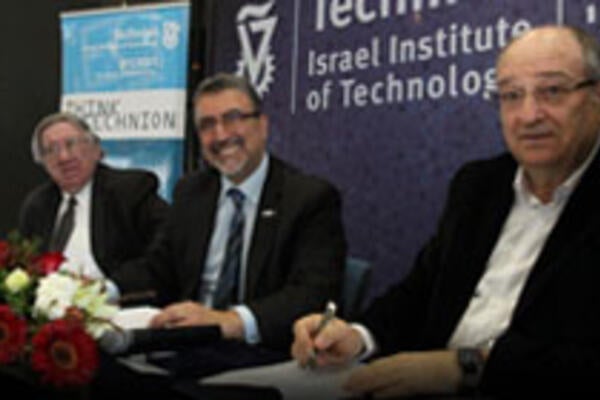
Internet security: Creating cryptographic tools for the quantum age
Mathematical tools that protect the personal information you share on the internet won’t work once we have large-scale quantum computing

Mathematical tools that protect the personal information you share on the internet won’t work once we have large-scale quantum computing
By Staff Marketing and Strategic CommunicationsAs quantum mechanics fundamentally redefine what is possible in computing, Michele Mosca, co-founder and deputy director of the Institute for Quantum Computing at the University of Waterloo, is working to develop cryptographic tools that will protect the personal information you share over the Internet in the age of quantum computing.
Mosca, a professor in Waterloo’s Department of Combinatorics & Optimization, says the clock is ticking on securing the Internet from quantum technologies.

Read more
Leaders tell Waterloo Innovation Summit to fund basic research to commercialize unexpected outcomes

Read more
U.S. News ranking recognizes Waterloo as a national leader in core disciplines

Read more
Waterloo delegation travels to Israel for conference focused on quantum information science, nanotechnology and water research
The University of Waterloo acknowledges that much of our work takes place on the traditional territory of the Neutral, Anishinaabeg, and Haudenosaunee peoples. Our main campus is situated on the Haldimand Tract, the land granted to the Six Nations that includes six miles on each side of the Grand River. Our active work toward reconciliation takes place across our campuses through research, learning, teaching, and community building, and is co-ordinated within the Office of Indigenous Relations.